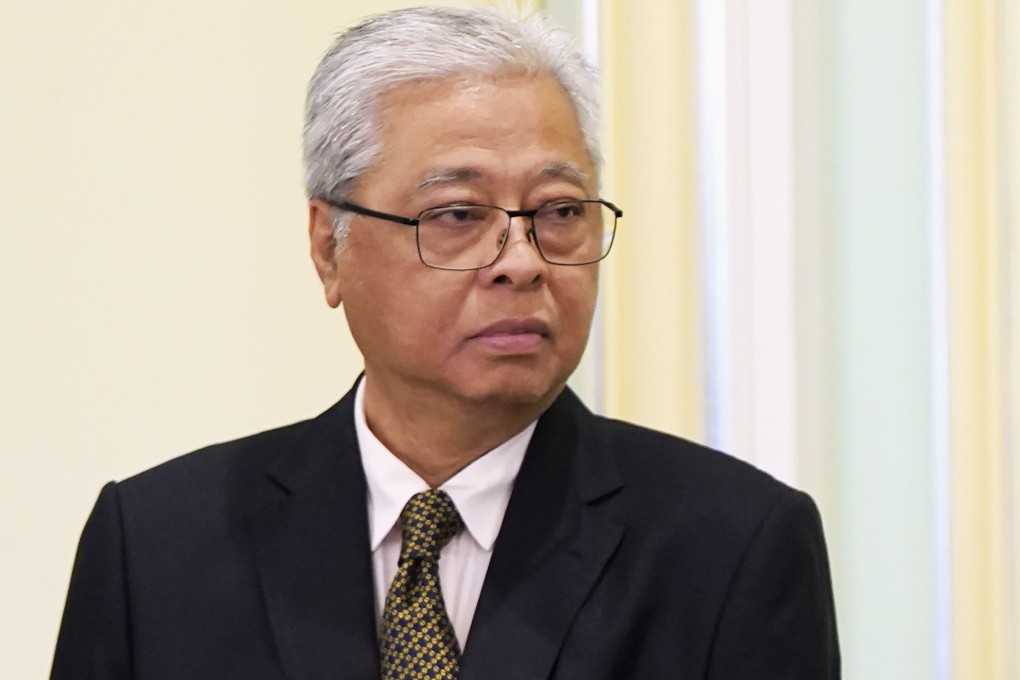Opinion | Can Malaysia’s new prime minister end political instability?
- Ismail Sabri Yaakob looks set to succeed Muhyiddin Yassin, but he has a slim majority and was part of the government criticised over its pandemic response
- The Covid-19 vaccination rate may help him, but he faces the challenges of intra-Malay competition and broadening the political base of policymaking

For months, Muhyiddin has been the face of Malaysia’s failure to control the pandemic, and many netizens and young protesters believe that his resignation is a necessary condition for such a turnaround. However, Ismail Sabri, formerly the senior minister coordinating the lockdown measures that were slammed for being ill-planned and flip-flopping, was also part of the failure, instead of a hope.
Even an Umno MP Azalina Saad publicly predicted that the government may only last for six months, much shorter than Muhyiddin’s 17 months in office and his predecessor Mahathir Mohamad’s 22 months.
Malaysia’s powerful king and deputy king – rotating five-year terms by nine sultans – have called for an end to the “winner-takes-all” politics which has continued for seven decades since the nation’s independence from Britain.
